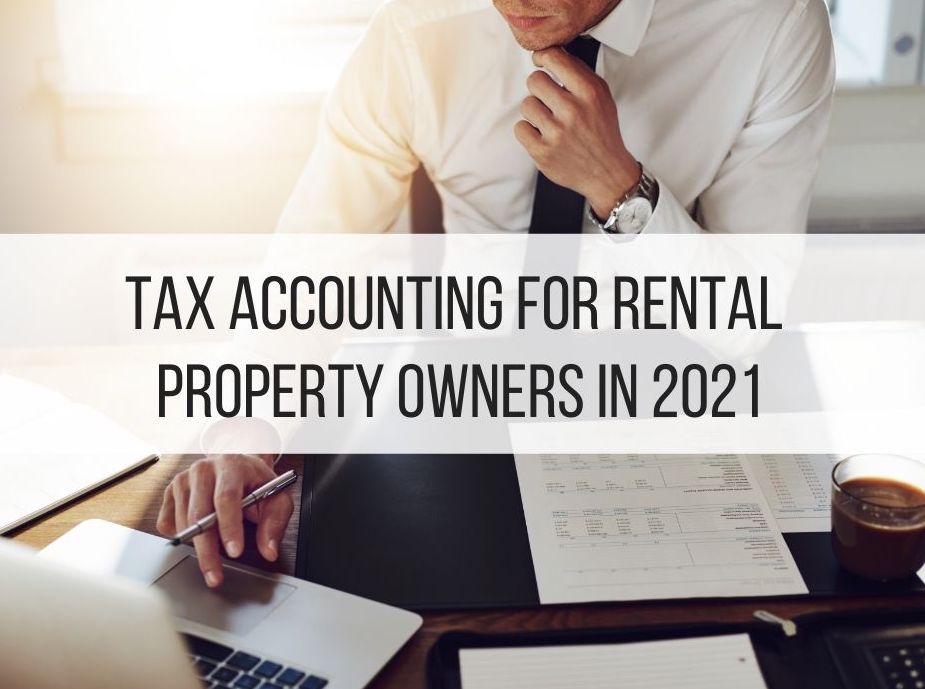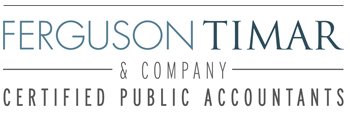
The pandemic has been especially challenging for owners of rental properties. The unpredictable job market has impacted the income of many renters. A relatively closed economy has sparked migration away from city centers into lower-cost suburbs. Eviction moratoriums and other legal responses to the pandemic have limited the options available to landlords. With so many unprecedented challenges, maintaining a property’s financial health hasn’t been easy.
Ferguson Timar’s team of tax professionals has been working with clients who own multifamily units to ensure that their tax strategies for 2021 are attuned to the rental market’s distinctive challenges. These are just two of the topics we’re helping clients with in 2021:
Accounting for rent deferrals under California’s eviction moratorium
Legislative and regulatory action and the federal and state level have provided various protections for renters who have been financially impacted by the pandemic from eviction. California’s protections are some of the most robust in the country.
Under the renter protection laws, in most situations, unpaid rent for the covered period has been converted into consumer debt. The interplay between federal, state, and local rules, along with distinctions between accounting methods, prevent formulating a quick, one-size-fits-all tax strategy for landlords who must account for rent that goes unpaid during the covered period, which California’s SB 91 recently extended to July 1, 2021.
The core question for landlords is whether they can claim a bad debt deduction for unpaid rents that they do not anticipate receiving even after the moratorium is lifted. The answer to that question is, not surprisingly, complicated:
- For landlords using the cash method of accounting, rental income is not recognized until it is actually received. In most situations, the cash method prevents a bad debt deduction for unpaid amounts.
- Landlords using the accrual method of accounting may have more options. In cases where the landlord has already recognized rental payments as income, but those payments were not made, a bad debt deduction may be available. However, several factors must be true of the debt before the deduction can be claimed, including the efforts to collect on the debt. It is unclear, for example, whether a landlord will need to pursue a small claims case against a tenant before claiming the deduction.
For landlords who receive their rental income from tenants who have been in deferral, an opposite problem can arise: especially high revenue in 2021 as payments deferred in 2020 begin to come in. To avoid paying higher taxes, a landlord facing a windfall will want to be especially thorough in exploring offsetting losses.
Optimizing deductions for rental properties.
Rental income is taxed at ordinary income rates. Reducing the amount of tax owed on rental income is always a priority for property owners who want to get the most financial return from their assets.
In 2021, optimizing deductions will be especially important. These are some of the key deductions that are worth keeping in mind over the course of the year:
- Maintenance expenses. With so many rental properties taking on extra expenses in response to the pandemic—special cleaning efforts, PPE for employees, and so on—it’s important to track each cost.
- Professional fees. Landlords are relying on professional advisors to help them navigate the complex legal and accounting frameworks imposed by the pandemic. These costs are deductible expenses and should be accounted for with care.
- Renovations. Some landlords are investing in upgrades to their properties to encourage existing tenants to stay. Renovations need to be examined carefully to ensure they are accounted for properly; some may be short-term expenses, while others may be subject to depreciation.
Speaking of depreciation, taking full advantage of a property’s depreciation options is an important way to improve the profitability of a property. Depreciation is a key deduction for all types of income-generating property. A residential property is subject to a 27.5-year depreciation schedule. Within that period, property owners may have options, such as accelerating depreciation deductions in the first years of ownership. We discuss this topic in more detail in our post on cost segregation analysis.
Ferguson Timar is here for property owners
Ferguson Timar supports its clients with tax strategies designed to improve asset performance and limit liability. How can we be of service to you? Call us today at (714) 204-0100 or reach out through our contact page.
